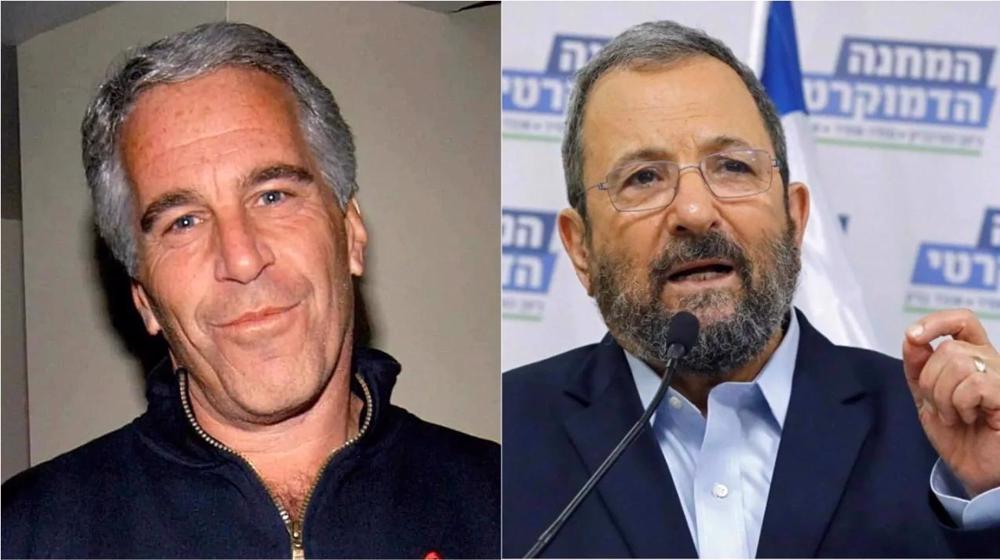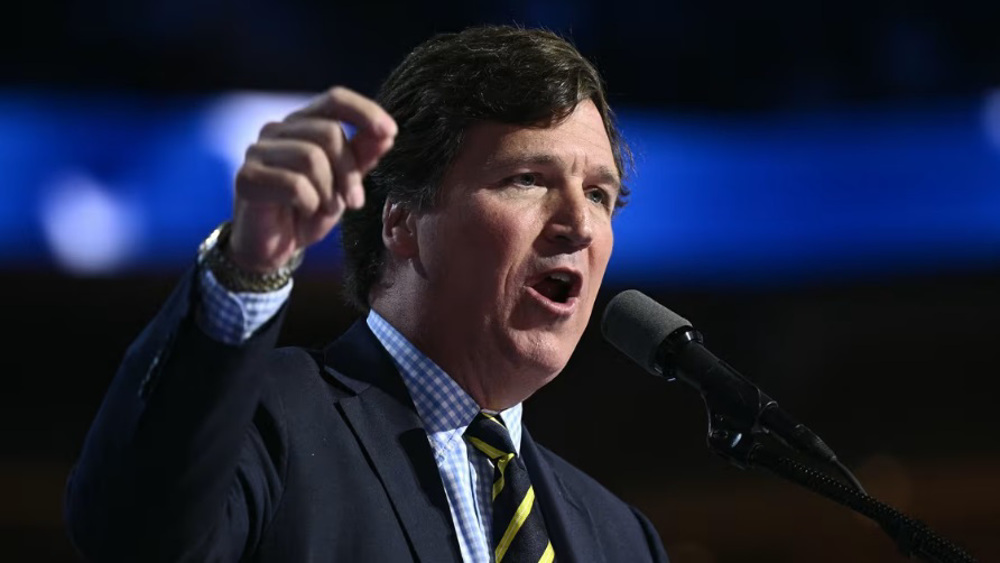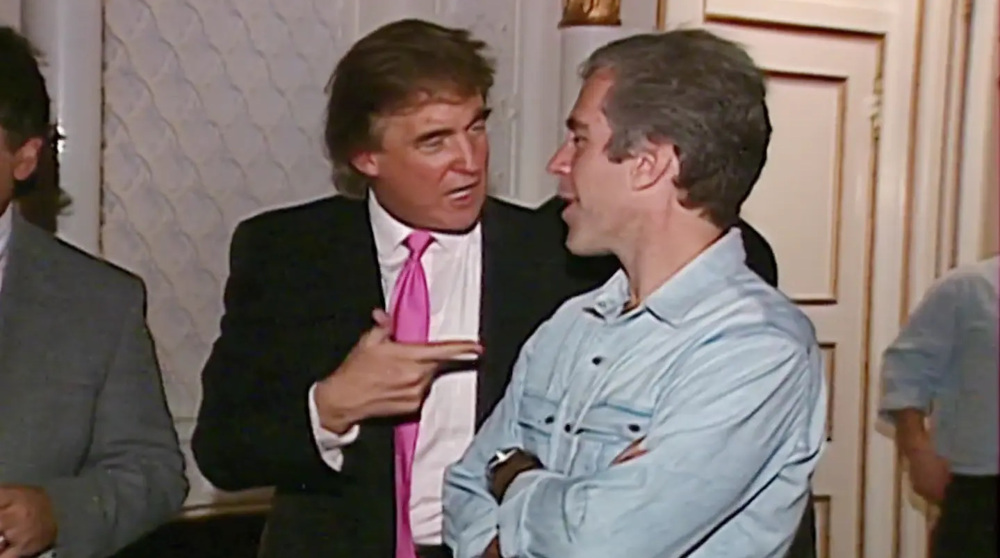Trump says he'll allow Kennedy assassination files to be released
US President Donald Trump says he would allow the release of classified documents related to the assassination of former President John F. Kennedy (JFK) in November 1963.
“Subject to the receipt of further information, I will be allowing, as President, the long blocked and classified JFK FILES to be opened,” Trump tweeted.
Subject to the receipt of further information, I will be allowing, as President, the long blocked and classified JFK FILES to be opened.
— Donald J. Trump (@realDonaldTrump) October 21, 2017
More than 3,000 documents related to the JFK assassination are scheduled to be made public next week by the National Archives. This is in compliance with the President John F. Kennedy Assassination Records Collection Act of 1992, which states that the federal government must release them by October 26, 2017.

However, Politico Magazine reported on Friday that Trump administration and other government officials would block the release of specific information regarding Kennedy’s murder on Trump’s orders.
Trump administration officials told the publication that there were fears over releasing classified documents that were created in the 1990s, saying it could provide important information on recent intelligence and law enforcement operations.

White House spokeswoman Lindsay Walters said the Trump administration is aiming “to ensure that the maximum amount of data can be released to the public" under the act.
Kennedy served as the 35th president of the United States from January 1961 until his assassination in November 22, 1963, in Dallas, Texas.
The President's Commission on the Assassination of Kennedy, known unofficially as the Warren Commission, was established by former President Lyndon B. Johnson in November 1963 to investigate the assassination of JFK.
The commission's final 888-page report released in September 1964 concluded that Lee Harvey Oswald acted entirely alone in assassinating President Kennedy.
However, many researchers are unconvinced by the official government account and argue that Oswald was part of a conspiracy to kill Kennedy.
‘Trump avoids further tarnishing his reputation’
Commenting on Trump’s announcement of releasing the assassination-related documents, American scholar James Henry Fetzer said it is “the most welcome development.”
“Those of us who have long studied the case have been looking forward to getting more from the government which has done its best to conceal the true causes of the death of our 35th president,” Fetzer, a retired professor in Madison, Wisconsin, told Press TV on Saturday.
“In fact after the Oliver Stone film, ‘JFK’, the Congress passed a JFK records act and created a five-civilian panel to declassify those documents and records who only the president could override them,” he said.
“George Herbert Walker Bush – at that time the president -- adamantly opposed it and refused to appoint the members. It passed over his opposition but had to await the incoming Clinton administration, which created an 18-month delay for agencies to clean up their work,” the analyst noted.
Professor Fetzer said, “Donald Trump has avoided further tarnishing his reputation by allowing more records to come out.”
“We especially look for George Joannides’s file, if it remains intact, because he was a psyop officer for the agency and appears to have been deeply involved not only in the assassination of John F. Kennedy, but that of his brother, Robert Kennedy, as well,” he argued.
UK's police arrest ex-prince Andrew over sex scandal linked to Epstein
Iran elected vice-chair of UN Special Committee on Charter
Iran envoy says decision made to exchange ambassadors with Egypt
Russia continues to develop relations with Iran: Kremlin
VIDEO | Friends of Palestine meet at UN in Vienna
Trump’s war-mongering on Iran sparks sharp rebuke from US lawmakers
Top American columnist warns of Netanyahu exploiting Trump for Iran war
VIDEO | Press TV's news headlines


















 This makes it easy to access the Press TV website
This makes it easy to access the Press TV website